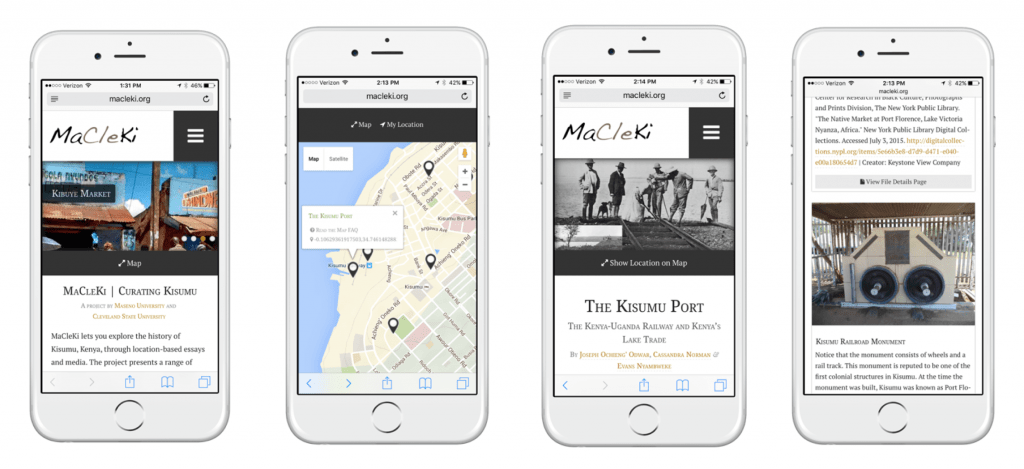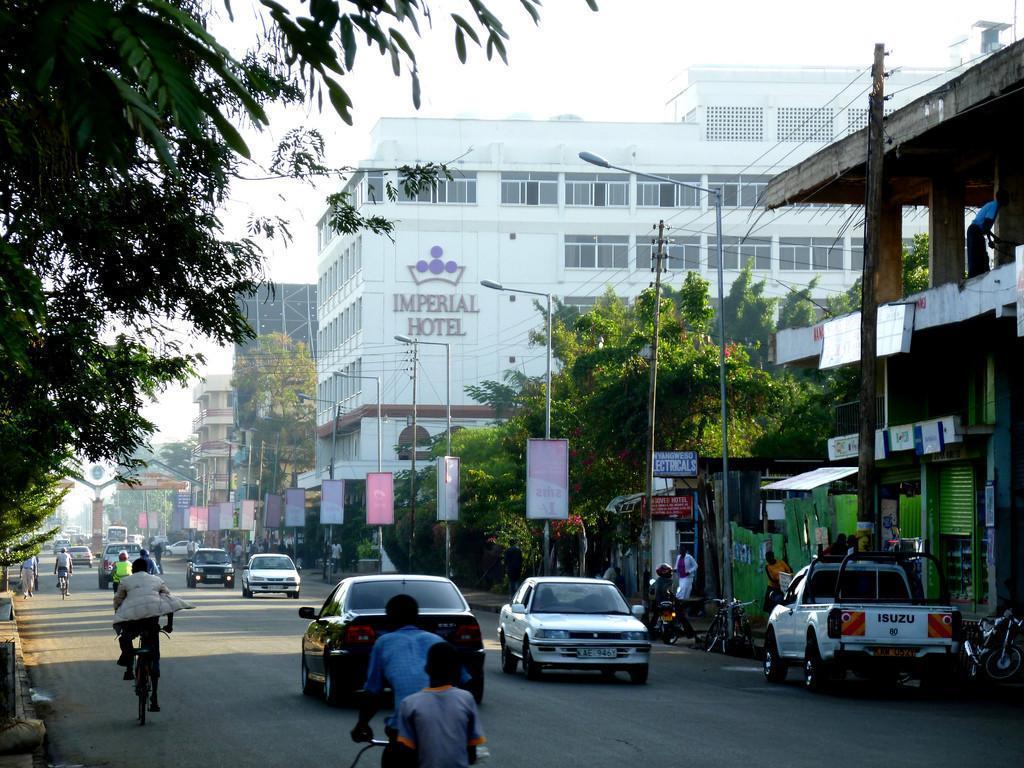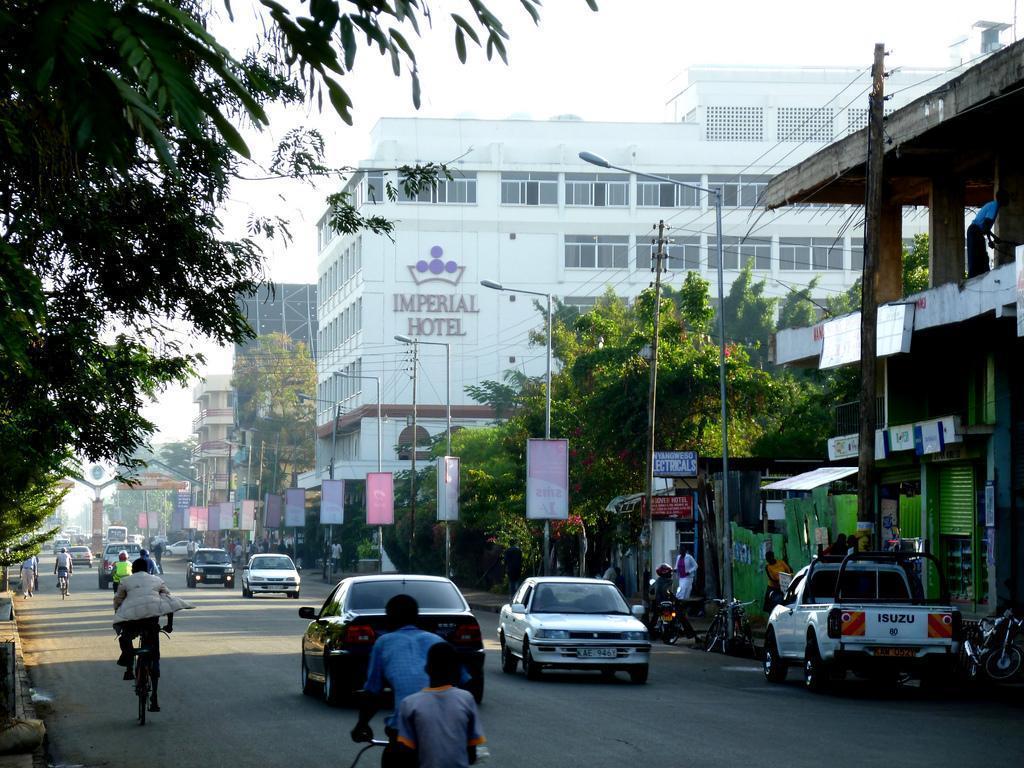We completed the 2014-15 National Endowment for the Humanities-funded grant titled “Curating Kisumu: Adapting Mobile Humanities Interpretation in East Africa” on December 31. The project white paper summarizes grant activities and shares insights and lessons that emerged from our work in Kenya.
The purpose of “Curating Kisumu,” as stated in our start-up grant proposal, was to “offer a lab for adapting the concept, process, and technology [of Curatescape] to the particularities of East Africa” with the goal of offering “a viable solution to the challenge of extending leading-edge digital humanities interpretation throughout the developing world.” During the 18-month start-up phase, our project team created a model collaboration between Cleveland State University and Maseno University in Kisumu, Kenya, to co-curate an East African city and strategize how to rethink both the Curatescape platform and process in a very different setting, which promised to highlight important implications for breaking down barriers to extensibility between the highly developed and developing world.
“Curating Kisumu” included three principal activities: (1) introducing an existing platform and process for location-based storytelling in Kenya’s third-largest city, (2) creating an institutional partnership in which students learned to curate place-based histories for a mobile project, and (3) studying both the setting and the process carefully to determine how it differed from that of American experiences with Curatescape and what kinds of modifications in both platform and process were necessary for optimization in East Africa.
The grant period lasted from July 1, 2014, to December 31, 2015. During this period, the project team traveled twice to Kisumu to introduce the project, consult in its use, plan for content creation, and examine the setting in which the project would operate. The grant period also included two semesters of content creation (spring and fall 2015) in which small teams of Maseno and Cleveland State students curated 20 place-based stories for the project’s Curatescape site, dubbed MaCleKi | Curating Kisumu (http://macleki.org). The collaboration, including a third semester of content creation, is currently underway with supplemental internal funding. During this time we have added additional partners in Kisumu, including the Kisumu Museum (National Museums of Kenya) and Kisumu County Ministry of Education, Culture, Youth and Social Development.

After the experience of the first semester, the project team refined the content creation process, made basic changes to the Omeka-based CMS and file-type standards for ease of implementation and lightening of data consumption, and strategized a plan for building a new open-source-based toolset that would be optimized for both East African and developing-world settings, broadly imagined. The latter is the subject of a planned implementation phase that will add an additional linkage between Texas Southern University and the University of Dodoma in Tanzania and create the basis for a regional aggregation of curated places across East Africa.
With funding from the CSU College of Liberal Arts and Social Sciences, CSU Black Studies Program, Cleveland Council on World Affairs, and the Educational Service Center of Cuyahoga County, the project team also brought two faculty and one student from Maseno to Cleveland in September 2015 to participate in a public symposium (The Public Humanities and Modern Africa), give guest lectures, and meet as a project team with our NEH project advisors. The project team also publicized and disseminated results from the grant via social media (Twitter, Facebook, YouTube) and conferences, including a roundtable on “Digital Humanities in the Developing World” (Session S39) at the National Council on Public History conference in Baltimore on Friday, March 18.
Click here for the project white paper.


